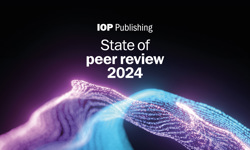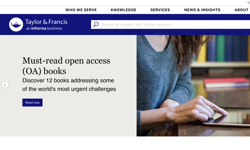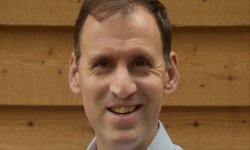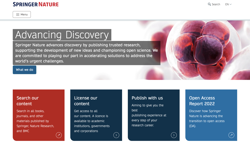
The COVID-19 International Modelling Consortium (CoMo Consortium) was created by researchers at the University of Oxford and Cornell University. It brings together infectious disease and economic modellers with public health experts from over 40 countries across Africa, Asia and America.
The consortium assists policymakers in making evidence-based decisions to contain the spread of COVID-19, based on evidence from economic and epidemiological models adapted to each country’s context.
During this one-year agreement, BMJ will provide technical, communications, and project management services to help disseminate policy recommendations and findings to health professionals, governments and related organisations across the world.
“It is crucial to have a direct link between the experts involved in developing the models, local in-country modellers, public health experts and policymakers in each country if we are to help them to deal with their specific COVID-19 situation,” says Mitali Wroczynski, Director of Global Health at BMJ. “We are delighted to be involved in disseminating this important work, being part of efforts to tackle the pandemic and helping to create a healthier world.”
Lisa White, Professor of Modelling and Epidemiology at the University of Oxford and Director of the CoMo Consortium, adds: “Our approach in the CoMo Consortium represents a new more equitable way to conduct pandemic modelling. Here, experts within the country teams take the leading role in modelling the pandemic working closely with national policymakers. Researchers at Oxford provide technical and consultative support as needed. Modelling work is carried out within the health and policy context of each country leading to rapid uptake of results via continuous communication with the decision makers.”










